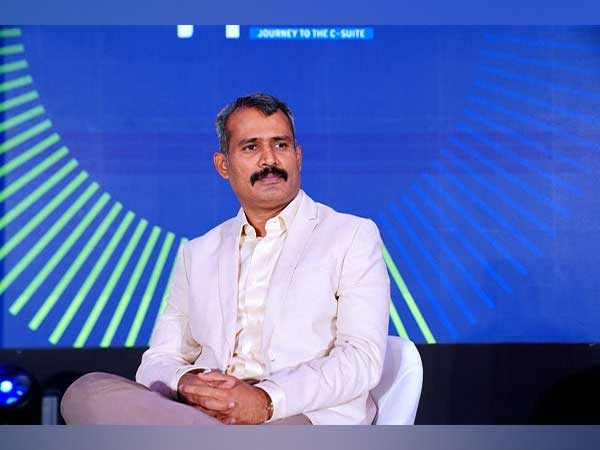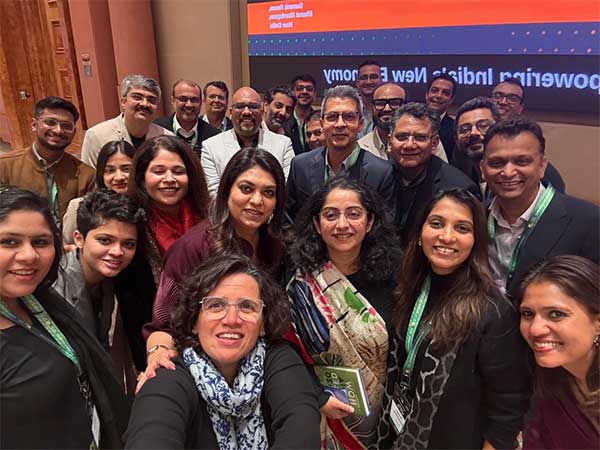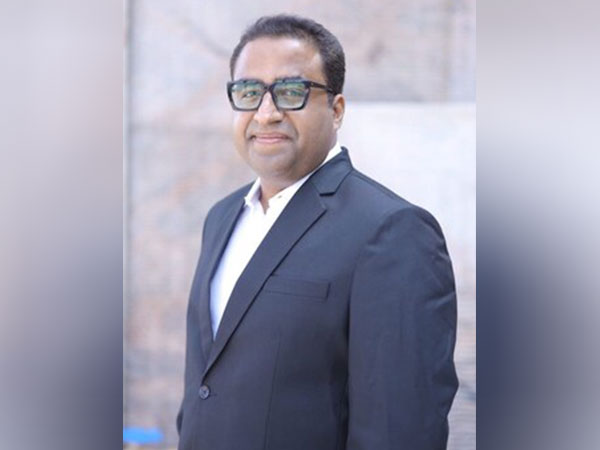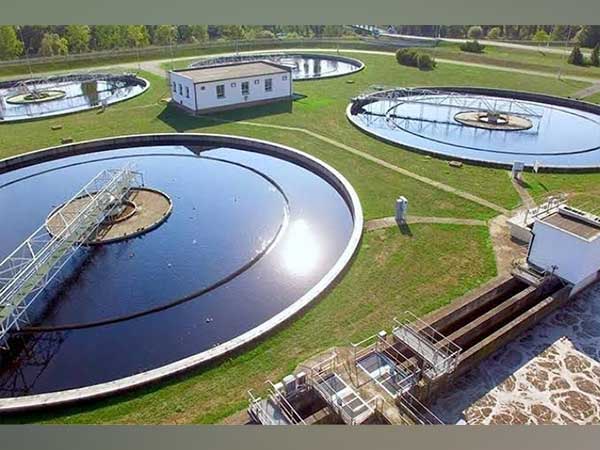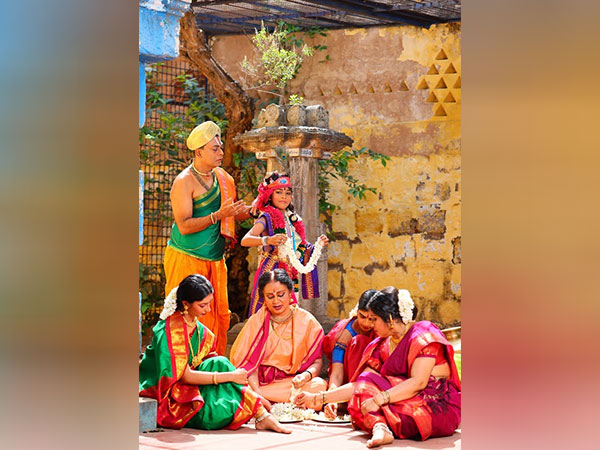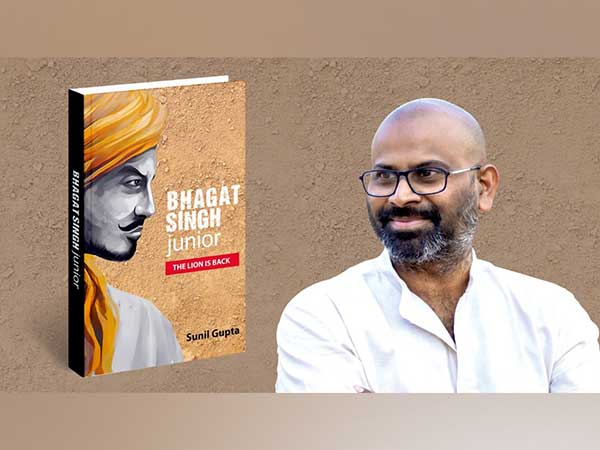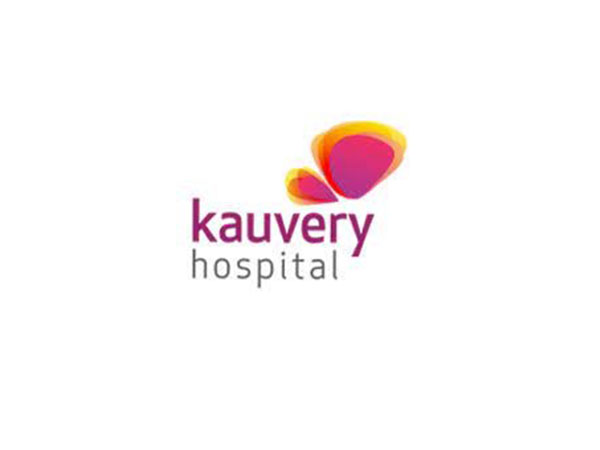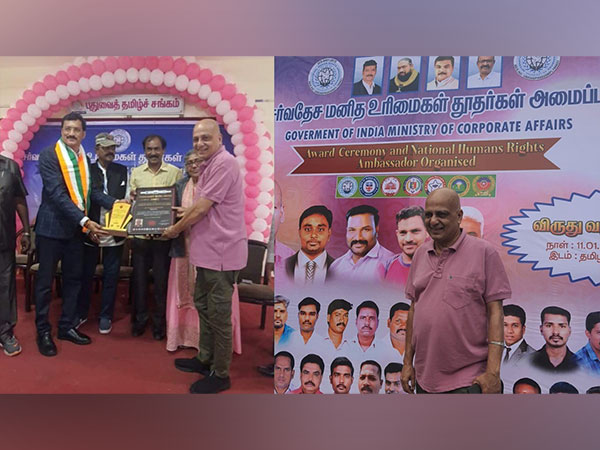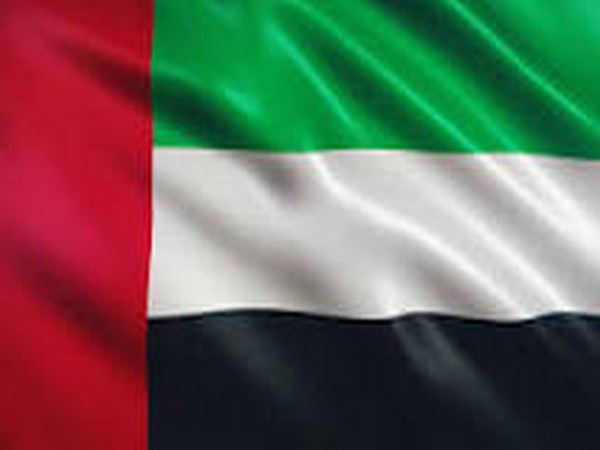
UAE Health Minister calls on member states of WHO Regional Committee for the Eastern Mediterranean to participate in COP28
Oct 12, 2023
Cairo [Egypt], October 12: Abdulrahman bin Mohamed Al Owais, UAE Minister of Health, and Prevention (MoHAP), led the UAE delegation to the 70th session of the WHO Regional Committee for the Eastern Mediterranean held in Cairo.
Notable dignitaries, including Dr. TedrosAdhanomGhebreyesu, WHO Director-General, and Dr. Ahmed Al Mandhari, Regional Director of WHO for the Eastern Mediterranean, along with representatives from various Member States, were present at the session.
During the regional meeting, Minister Al Owais once again invited member states of the WHO Regional Committee for the Eastern Mediterranean to participate in the upcoming 28th UN Climate Change Conference of the Parties (COP 28). The conference is set to be hosted by the UAE in Expo City Dubai from November 30 to December 12, 2023, to foster international collaboration, especially in sustainable development and climate action realms.
COP28 Health Day
Highlighting a milestone, Minister Al Owais said that for the first time in its history, the Presidency of COP28 has earmarked a health day on December 3, 2023. This day will bring together health ministers from across the globe to exchange insights and draft future strategies addressing climate change impacts while ensuring food security, health, and sanitation for all. Al Owais stressed the importance of ensuring that health remains a focal point in climate dialogues, reaffirming the need to steer efforts towards establishing equitable, climate-resilient health systems.
"It is crucial to bolster the health sector's response to climate change, given that escalating heat waves and the proliferation of infectious diseases are posing a rising threat to both individuals and communities. These challenges accentuate the necessity of crafting resilient health systems capable of withstanding the adverse impacts of climate change," he elucidated, adding that the meeting is envisioned to serve as a nexus for regional and global nations to collaborate on mitigating the repercussions of climate change on health.
MoHAP Minister noted that health is a core pillar of the conference's action plan, focusing on improving human health, quality of life, and livelihoods, which are essential in striking a balance between climate action and health responses to climate adversities.
For his part, WHO Director-General thanked the UAE's leadership for dedicating a health day during the event and for its initiative to host COP28, stressing the importance of member states' participation, especially on Health Day. "We look forward to making a declaration to signal that health is an essential part of climate change," Dr. Tedros said. He urged collective action towards building resilient health systems to combat health challenges and realize the Sustainable Development Goals.
International Recognition
A notable segment of the meeting was the regional subcommittee discussion on polio eradication and outbreaks, co-chaired by Minister Al Owais and Dr. Hanan Al Kuwari, Minister of Qatar's Public Health. The session celebrated the initiatives of President His Highness Sheikh Mohamed bin Zayed Al Nahyan
Al Owais attributed the remarkable success of the UAE's polio vaccination campaign to the support of His Highness Sheikh Mohamed bin Zayed Al Nahyan. Launched in 2014, the campaign initially aimed at vaccinating three million children in Pakistan and had extended its reach to 17 million by 2022. Despite the COVID-19 pandemic, the campaign persevered, administering around 192 million vaccine doses from July 2020 to September 2022 under stringent preventive measures to curb virus spread.
During the regional meeting, a variety of health-related topics pertinent to both the Eastern Mediterranean Region and the global arena were explored. Discussions included addressing noncommunicable diseases during emergencies, bolstering public health preparedness for mass gatherings within the Eastern Mediterranean Region, the intertwined challenges of climate change, health, and environment, fortifying the health workforce in the region, and assimilating lessons gleaned from the COVID-19 pandemic.
Furthermore, the meeting delved into the latest developments in tackling infectious diseases, broadening mental health care access, executing the regional strategy for tobacco control, and implementing a regional framework aimed at eradicating preventable neonatal, child, and adolescent mortality.
Collaborative Efforts
Minister Al Owais expressed gratitude to the WHO Regional Committee for the Eastern Mediterranean for its pivotal role in enhancing coordination among member states. He stressed the importance of collaborative efforts in addressing health challenges, improving health systems' performance, and fostering cooperation to mitigate climate change impacts on health globally.
Source: Emirates News Agency
